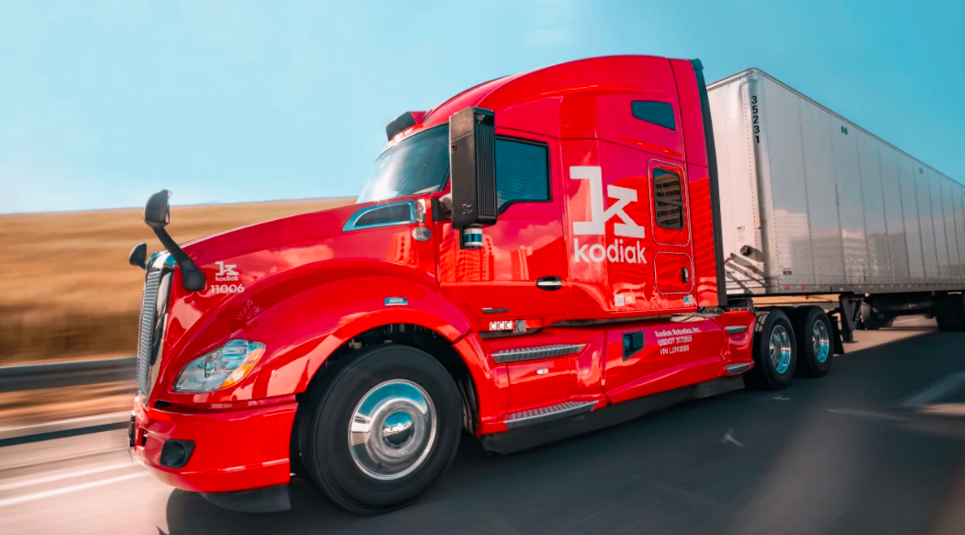Despite being passed by both houses of the California legislature, a bill that would ban the operation of massive autonomously driven trucks, known colloquially as robotrucks, within the state has been booted by Governor Gavin Newsom.
Newsom nixed the robotruck ban in favor of firms currently working on the use of autonomous driving technologies for use in cross-country shipping.
An Unnecessary Move
In his veto message, Newsom explained that the bill is an unnecessary measure at present as the state currently has a regulatory framework that governs over such innovations.
The governor added that any future regulations regarding robotrucks need to be more transparent regarding vehicular and road safety, taking into consideration input from relevant stakeholders.
At the same time, California’s labor and workforce development agency has been asked to make recommendations that would decrease any negative impact the use of such trucks will have on jobs in the trucking sector.
What Does the Bill Entail?
Assembly Bill (AB) 316, an initiative backed by the state’s labor sector and voted by a clear majority in both houses, mandated that autonomous vehicles heavier than 10,001 pounds (over ten tons) need to have a trained human drive present as a safety measure.
The robotruck ban has been lauded by labor unions operating within the state, including its chapter of the International Brotherhood of Teamsters. According to union representatives, the use of these self-driving trucks – many of which are heavier than 80,000 pounds – stood to become a road hazard that could cause serious accidents. Robotrucks are also seen by unions as a threat against the employment of its members.
In contrast, those who support autonomous driving technologies say that banning the use of robotrucks would deny the state of a viable means of taking goods from ports to different locations within its jurisdiction. Likewise, the ban could also drive away those investing in similar technologies, thus driving a potential loss of state revenues.















